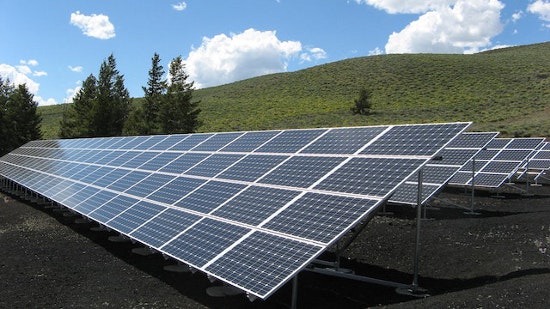As a business owner, keeping energy costs under control is vital for profit maximization. One key aspect of this is understanding commercial energy rates – a task that may seem daunting. To give you a better perspective, here are five things you need to know about commercial energy rates:

1. Commercial Electricity Rates Are Usually Higher Than Residential Rates
One of the notable distinctions between commercial and residential energy rates lies in the pricing, as business energy rates are typically higher than residential ones. The main reason is commercial establishments utilize more electricity – especially during peak hours, which are generally associated with higher energy costs.
In addition to the higher rates, commercial energy providers offer more intricate plans and pricing structures, which consider a variety of factors like usage patterns, demand charges, and other fees. Nevertheless, commercial customers can still benefit from different pricing options that can help them save on costs.
2. Commercial Energy Rates Have Different Plans
Unlike residential energy, which is usually provided by a single utility company, commercial energy customers enjoy the freedom to choose from a range of suppliers. This implies that businesses can explore and compare different rates and plans to find the one that aligns best with their energy requirements.
It’s worth noting that some suppliers offer fixed-rate plans, which ensure a consistent price for a designated period, whereas others offer variable-rate plans that fluctuate based on market conditions. As a commercial customer, it’s crucial to compare prices and plans from different energy providers to find the most suitable deal.
3. Businesses Should Analyze Their Commercial Energy Bills
To discover the optimal energy plan for your business, you must first determine your energy usage and consumption patterns. Certain energy providers offer plans with reduced rates during off-peak hours or for businesses with lower overall energy consumption. By taking into account your specific energy requirements and comparing plans from different providers, you can find the best plan that aligns with your business goals and budget.
Conducting an energy usage analysis can reveal opportunities for cost savings by identifying areas where consumption can be reduced. Additionally, some energy providers offer resources such as tools and services to track and optimize energy consumption, which can help businesses lower their energy bills.
4. Commercial Energy Rates Are The Major Business Expense
For businesses with limited budgets, energy costs can present a significant expense. This is particularly true for those with tight financial constraints, as energy costs can make up a substantial portion of their overhead expenses. Given this, small businesses must explore and leverage various energy-saving strategies to reduce costs and improve their bottom line.
Employing energy-saving measures, such as upgrading to energy-efficient lighting or equipment, can lead to long-term cost savings for small businesses. Additionally, selecting the appropriate energy plan and supplier can also contribute to reducing energy costs. By exploring different energy plans and suppliers, small businesses can discover the most economical options that meet their energy requirements and optimize their energy consumption to minimize expenses.
5. Several Factors Can Affect The Commercial Energy Costs
Similar to other commodities, energy prices are influenced by several factors, including market conditions, supply and demand, and government regulations. Furthermore, inflation can also impact energy prices, as rising costs for fuel and other resources can lead to higher energy expenses.
To make informed decisions about energy usage and pricing, staying current on energy market trends and inflation rates is crucial. By being aware of these factors, small businesses can adjust their energy consumption and make pricing decisions that align with their business goals and financial resources.
Conclusion
Having a good understanding of commercial energy rates can help businesses save on energy costs. By comparing rates, understanding rate structures, and considering energy usage patterns, businesses can find the best option for their energy needs. Therefore, it’s important to regularly review energy bills and obtain multiple quotes to find the most cost-effective solution for your business.
